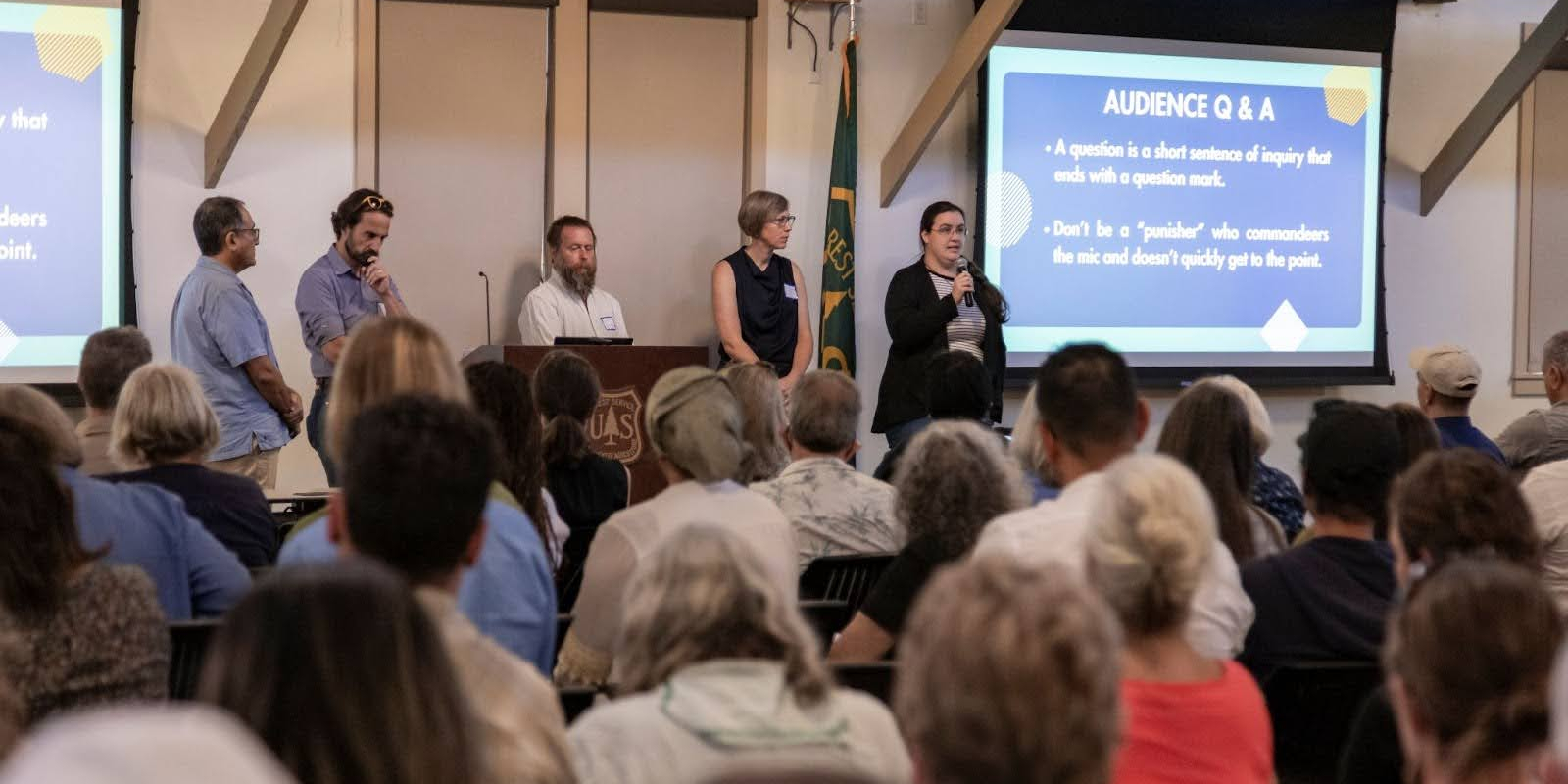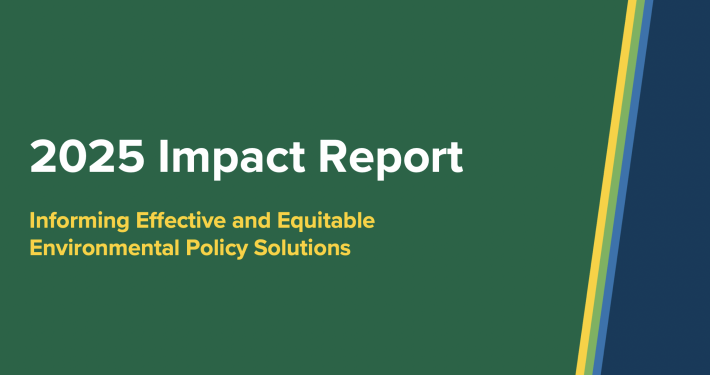This is how the Luskin Center for Innovation came to co-host the first-ever forest equity symposium, Urban Forestry for Changing Times: The Practice of Science and the Science of Practice — with more than 170 researchers, practitioners, community members, and representatives from government and nonprofit organizations. In addition to ample time for networking and break-out discussions, the hosts organized (and recorded) the following panels:
With 15 expert speakers and moderators, discussions were lively and well-informed. Among the topics was street trees planted in the public right-of-way, including who maintains them and who should maintain them. In recent years, the City and County of San Francisco passed Proposition E, which made it responsible and liable for maintaining all street trees and repairing sidewalks damaged by trees. Before Prop E’s passage, San Francisco had an inconsistent approach to taking care of street trees. This is still an issue in Los Angeles, where the government maintains some trees, and (often unaware) property owners are responsible for others.
“One of the things I learned at the symposium was that many myths are unsupported by science (projected global carbon sequestration of urban trees),” said Anne Fege, retired chair of the City of San Diego’s Community Forest Advisory Board. “At the same time, other benefits of urban trees are well supported (shade and urban cooling, places for active living and socializing, habitats for wildlife and pollinators).”
This first symposium demonstrated a large appetite for these intentionally organized discussions. It included interactive breakout sessions to brainstorm how scientific research and practice support better plans, policies, and programs. The co-hosts have shared the proceedings from those discussions with local decision-makers and are encouraged to organize another symposium in the future.
The symposium was co-hosted by the Luskin Center for Innovation, UC Agriculture and Natural Resources, University of Southern California Public Exchange, L.A. Center for Urban Natural Resource Sustainability, U.S. Forest Service Pacific Southwest Research Station, U.S. Forest Service Region 5 Urban and Community Forestry Program, L.A. County Chief Sustainability Office, and L.A. Public Works Office of Forest Management.






